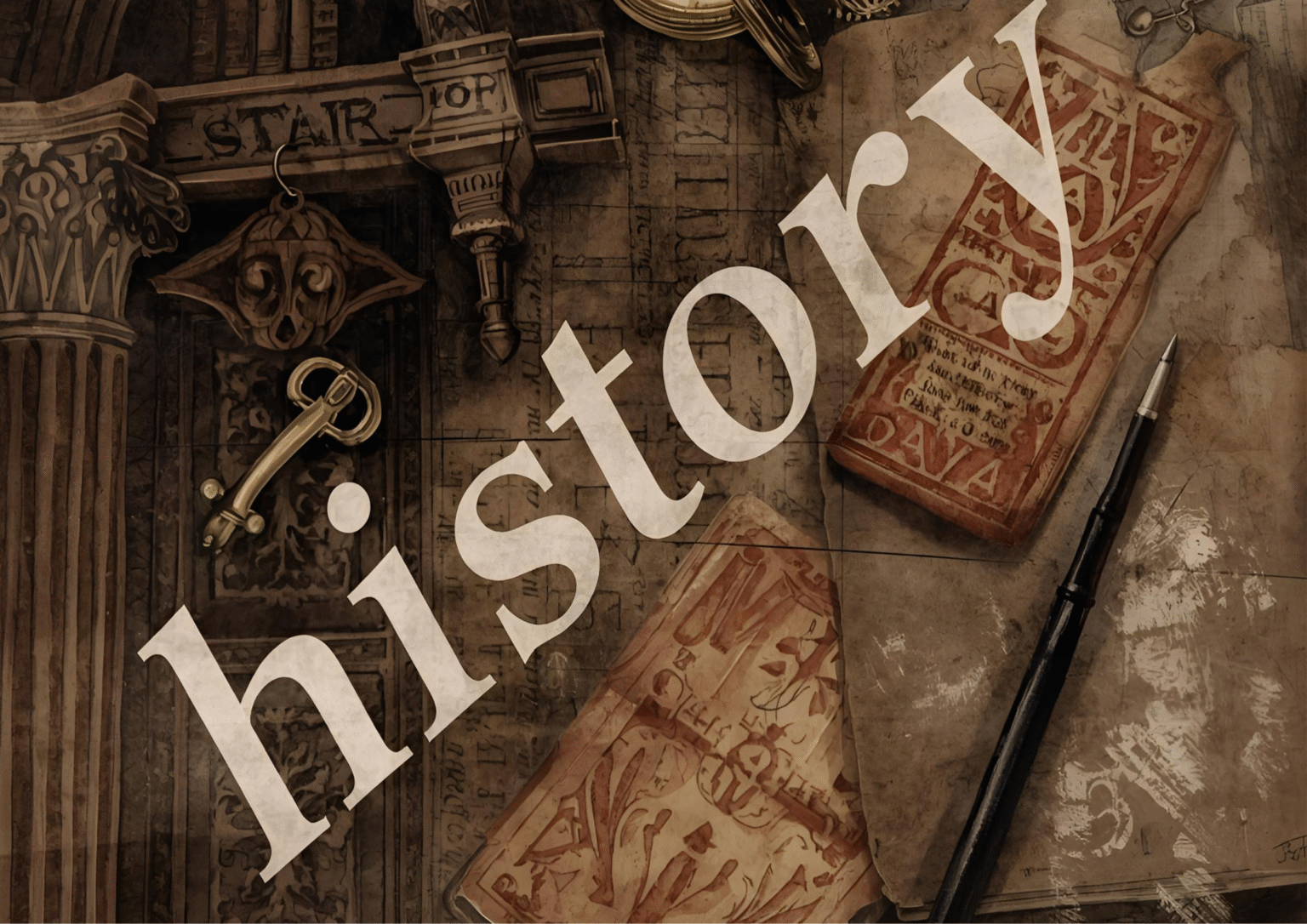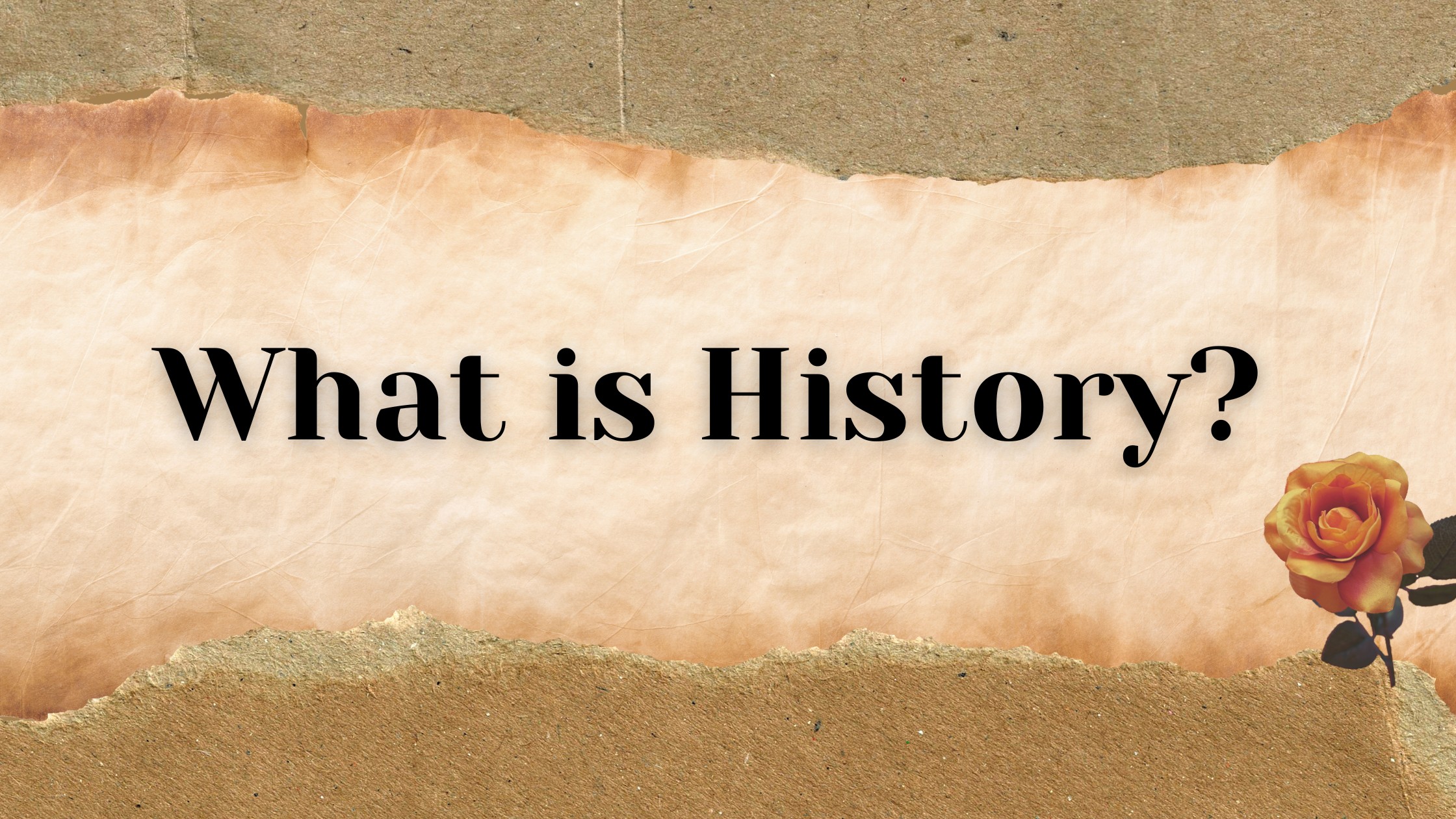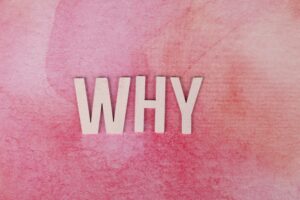History is Much More Than What We Are Taught
WHAT IS HISTORY?
When most people think of history, they picture long lists of dates, wars, and rulers.
They remember classrooms filled with facts to memorize, timelines to mug up, and chapters that end with questions we answer only for marks.
But here’s something I’ve come to realize:
It isn’t just what we are taught in institutions.
It’s not limited to what’s printed in textbooks or tested in exams.
It lives in our streets, in our memories, in our families, and in the stories we tell — and the ones we forget.
Even a moment ago — a second that just passed — has already entered that special imaginary room,
and whatever comes out of this room will be called the past we share.
So, What Is History, Really?
At its core, it is not only about human beings. Everything has its own timeline — from an insect barely visible to the eye, to every structure and society we see today.
In desi words we say: “History kisi ke baap ki bapauti nahi hai.”
Wait, don’t wonder why I am using such words.
What I want to say is — it is not about a particular person or thing, rather it belongs to everything.
Everything we see has not always been the same. Each has come a long way through time, and that long journey is what I call history.
It is not just the past. It is the thread that connects yesterday to today.
It teaches us how societies grew, how power shifted, and how ideas took root and changed the world.
What History Is Not
Not just kings, wars, and conquests.
Not only about “great men” or those in power.
Not limited to what institutions choose to highlight.
And definitely not a dead subject. (Hum hon na hon, it will stay forever.)
Then What Is History and Why Should We Care?
Think about what we were taught in our classes from the start. The story of man evolving from a monkey — do you really think it is true?
Honestly, I don’t. We are taught we became humans from monkeys at a time when there was no real science.
If modern science and technologies today cannot turn a monkey into a human, then how could it be true earlier?
This shows how much we need to question and understand what we are told.
Types of History
Mainly two types — Useful or Not Useful (Active or Passive).
How to decide if it is useful?
As I said, every second that passes becomes the past. That doesn’t mean we must remember everything.
Have you ever heard about active or passive history?
The one we are mostly taught is Passive — stories of foreign lands and people that may not connect to us.
The Active one — the real story of India/Bharat — has gradually faded.
Every Moment Is History in Motion
The second you finish reading this sentence — it has already become the past.
The message you regret not sending — that’s past.
The protest you attended last year — part of it too.
The photo in your gallery of a happy day — again, the past.
It is not only found in grand events — it is also hidden in the ordinary.
Yes, history is a deep ocean.
Why It Still Matters Today
Think of this: what if you don’t know your name, your parents, or your home?
Would you know your next step? No. You’d simply wander.
That’s why knowing our history matters — so we don’t wander in the present or lose direction in the future.
Why I Chose to Study and Write History
I’ll be honest — I never found it interesting by the end of high school, even though it was my subject in Class 12.
But once I entered Delhi University, I had no choice — it became my core subject.
During exams, while reading, I suddenly found it engaging. I thought, why didn’t I listen properly in class?
That’s when I realized — professors made it boring. The subject itself was never boring.
All you need is someone who explains it like a story. Then it becomes the most interesting subject ever.
And somewhere, I found that I actually love to know what happened in the past.
If the court poet praised the king this way, then what would be the point of view of ordinary people — whose voices were never written anywhere?
In my desire to understand why things are the way they are, history started giving me not just answers but questions. And slowly, it gave me meaning too.
Conclusion: The Past Is Not Gone
As James Baldwin said, “History is not the past. It is the present. We carry our history with us.”
Every moment becomes the past. But that past is not lost — it shapes how we think, what we believe, and where we go next.
So the next time someone tells you that history is boring, irrelevant, or over — remember:
It’s not just behind us.
It’s a living part of who we are.
We just need someone to tell it the way it is.

If this blog made you think differently, here’s my POV — I’d love to hear your thoughts too.
Join me on RamaBlogs.com as I dive into real stories, forgotten voices, and the living past around us every day.




You have explained the history very well.
Keep it up 💪👍
Thank you!!!